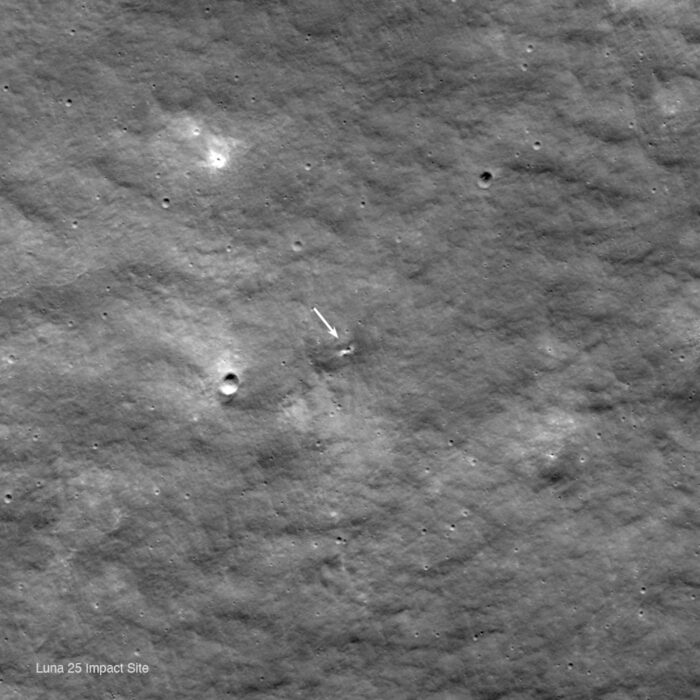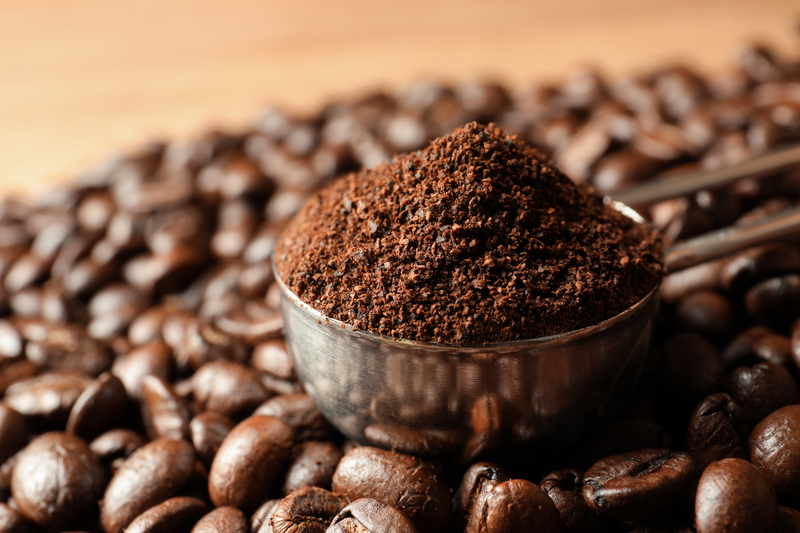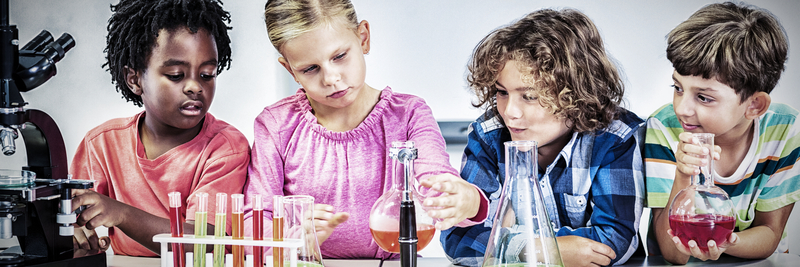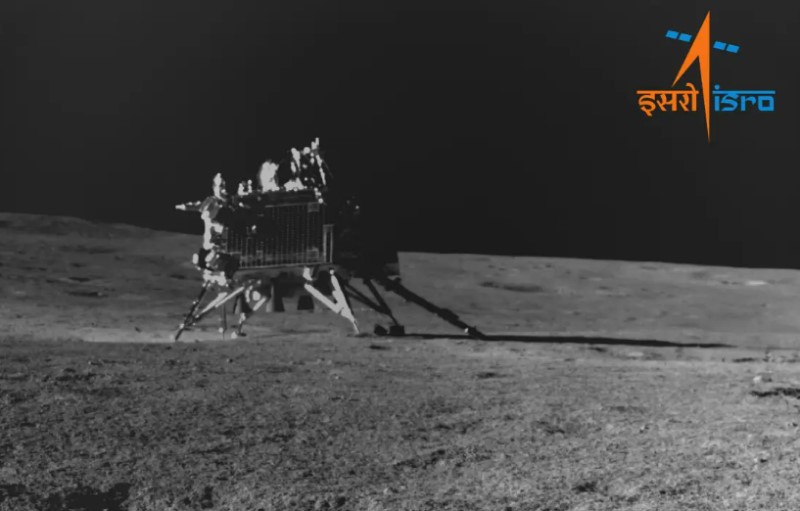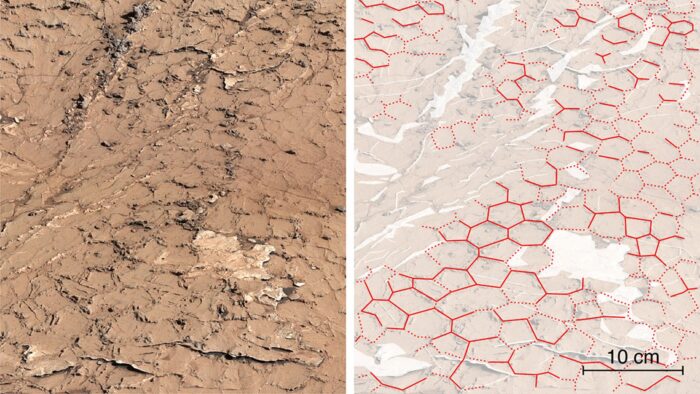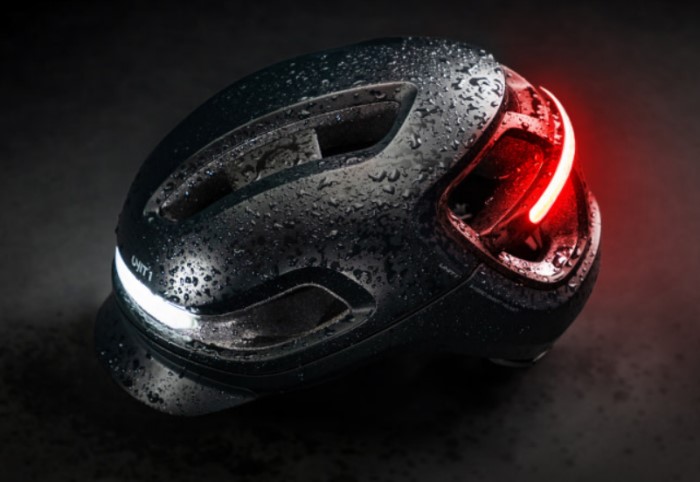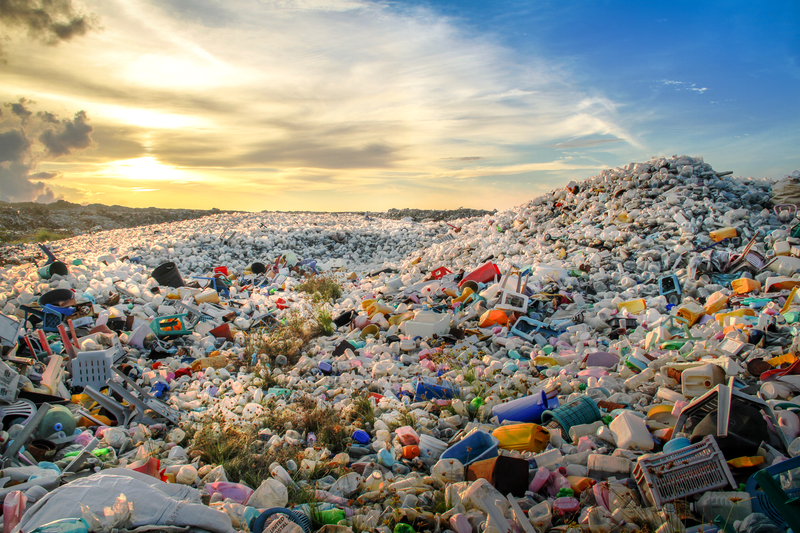We tend to think of inventors as being smart. But brains aren't the half of it. Having a great idea is one thing. Having the determination to actually make that idea a reality is what really makes someone an inventor. And that's what makes Rachel Brouwer of Halifax, Nova Scotia, so inspiring.
For a few years now, Rachel has been working to perfect a water filtration system that is both cheap and easy to build. Such an invention could help millions of people who struggle to get clean drinking water. Now the device is about to be tested in the African country of Uganda.
OWLconnected was lucky enough to talk with Rachel about what inspires her, being a role model, and the challenges that she's faced as a young inventor.
Rachel Brouwer talks with us about her life of invention
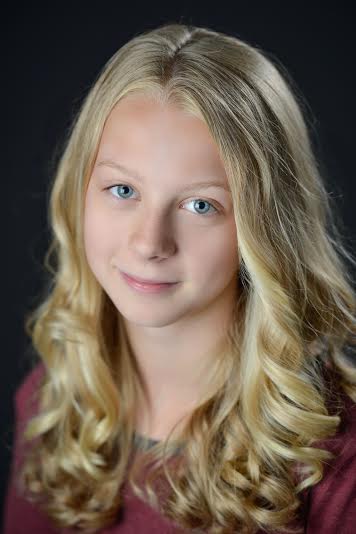
OWL: You mention that Malala Yousafzai (the Afghan Nobel Prize Winner and girls' education activist) is a big inspiration in your life. Have you received any feedback yet from kids who say that they're inspired by you?
RACHEL: Malala has been a huge inspiration for me throughout this entire process. I have been asked to talk to a class and a church group, as well as meet with some students. Recently, I FaceTimed a class in Colorado to explain my water pasteurization system and answer some of their questions. I never thought that I would be offered these chances to tell and inspire students with my system. I must say it is pretty cool to be in that position.
OWL: Your work is being taken to Uganda. This is a country where many young girls don't have the opportunity to develop their talents in school as you have. Do you feel excited that you might act as an inspiration to some girls your age?
RACHEL: It is really exciting to inspire girls to take risks and try to express their talents to the best of their abilities. I hope that my system shows these girls that if you have an idea and think that you can make a difference, then you have to go for it and take a chance because you never know where you could end up.

Rachel ended up meeting Canadian Prime Minister Justin Trudeau!
OWL: What was the most difficult thing to perfect in your pasteurization system?
RACHEL: The most difficult part was the wax indicator. This is a tool that tells the people that are using my water system when the water is safe to drink. The wax indicator is still not 100% finished, but I have designed and built over 50 wax indicators and learned so much while doing it!
OWL: You attended the Intel ISEF (International Science and Engineering Fair) in Arizona earlier this year. What other invention did you find most interesting?
RACHEL: The most interesting invention that I got to learn about was a dialysis machine that was made by a girl named Anya Pogharian. She told me that regular dialysis machines cost $30,000. She made a prototype that only costs $500. Before ISEF, I didn't know what a dialysis machine was. Now I know that it filters blood that would usually be filtered by kidneys. I thought it was cool that we both made filters but for completely different things. Her project taught me a lot, so I thought that it was pretty cool and creative.
OWL: What would your advice be to kids learning how to conduct their own experiments?
RACHEL: The main thing that I would say is just because you are a kid does not mean that you can't make a difference. As soon as you come up with an idea, you shouldn't just tell yourself that it would be to hard to do. You have to give it a chance and get creative!
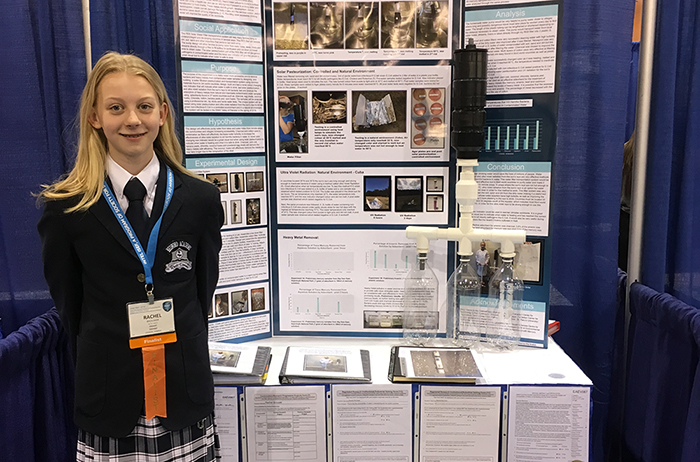 Rachel at the Intel International Science and Engineering Fair this past spring. She was just one of eight Canadian students to attend!
Rachel at the Intel International Science and Engineering Fair this past spring. She was just one of eight Canadian students to attend!

